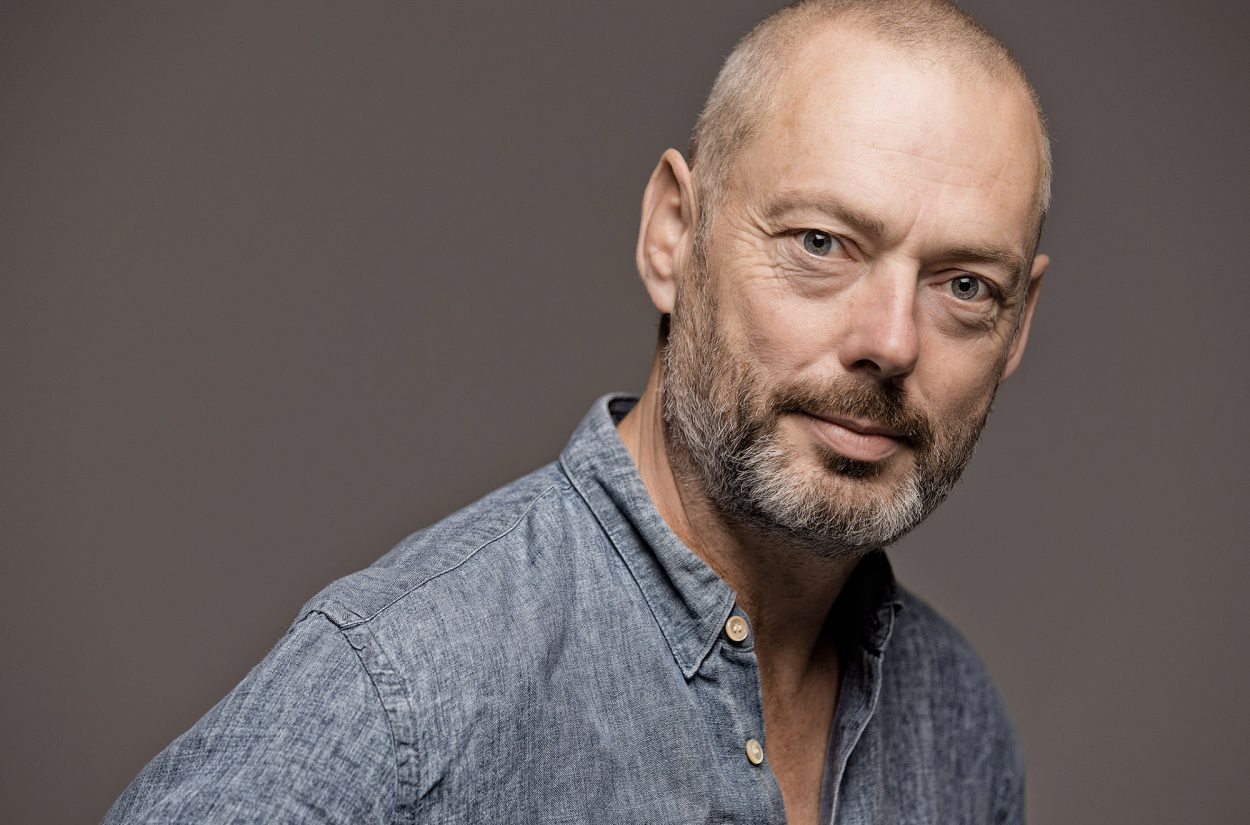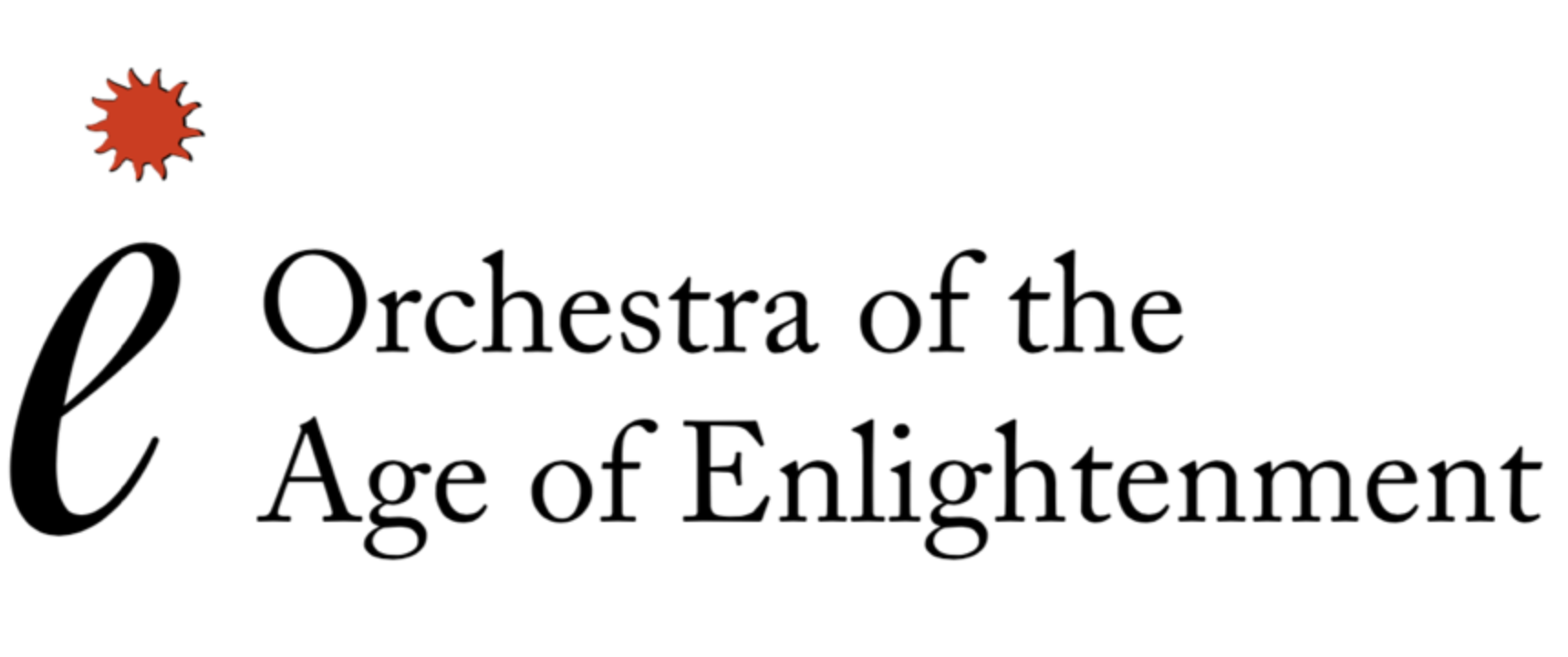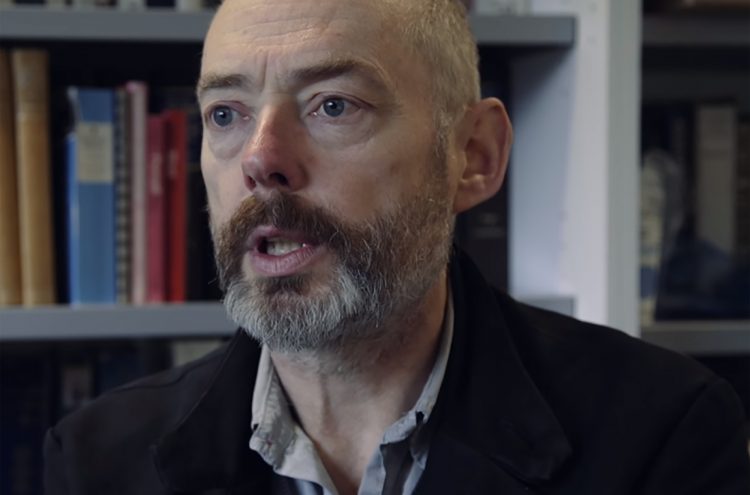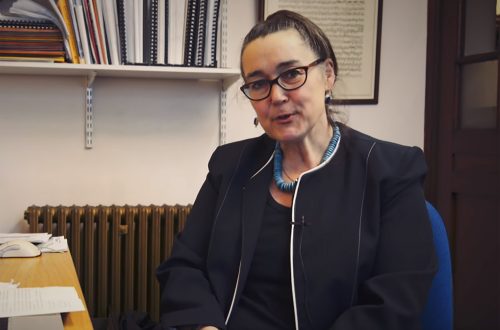Mark Padmore on Bach’s St Matthew Passion 5 March 2018
 Mark Padmore
Photo: Marco Borggreve
Mark Padmore
Photo: Marco Borggreve
I think the word passion is particularly important. The root of it is in Latin meaning suffering. The St Matthew and St John Passion are two of the greatest mediations on suffering which mankind has ever produced. They’re not just concert pieces. It’s a story of betrayal, wrongful arrest, false trial, torture and execution. It’s a story that’s sort of relevant to us today but we have to find the reasons that it’s relevant for the people performing it and also each member of the audience.
As the Evangelist you are responsible for the pacing of the piece, how one thing leads in to the next. It’s interesting to be doing it and not having a conductor. Essentially what you’re creating on stage is a sort of chamber-music like performance where people are really listening to one another. Your attentiveness is really heightened and that helps the audience. The Evangelist keeps the whole performance linked together and tries to maintain the focus of attention with everybody. You’re not letting people escape really from the story. Doing it without a conductor enables that to be at the forefront.
I think the St Matthew Passion is a universal piece. The story it tells is not essentially of one faith. We don’t get to the resurrection. It is a mediation on suffering in the situation that happens within this very tightly dramatised story. It is a story that should be comprehensive to anybody. It’s important to think of it as a religious piece, but I mean that in a broad sense. It is dealing with issues that are beyond the mundane, exploring spirituality. It is trying to make sense of suffering, asking if there is a point to it, is there something we can understand by it. If anything, it can be a piece that it is more difficult for somebody who is a fully paid-up member of one religion, because you only hear it in those terms.
The St Matthew Passion littered with questions all the way through, and not really with answers. It is there to make us all question what we believe and what we think.
"My main aim is that the audience should engage with the story of it as much as the music. The music is there to serve the story. The intention is really to communicate Bach’s mediation on the Passion of Christ."




